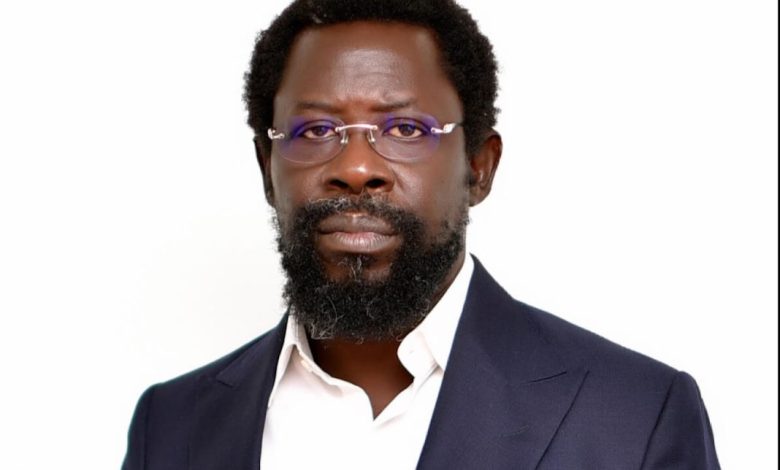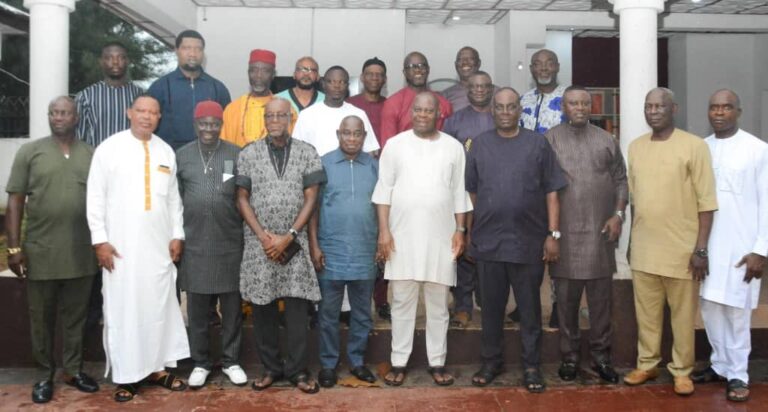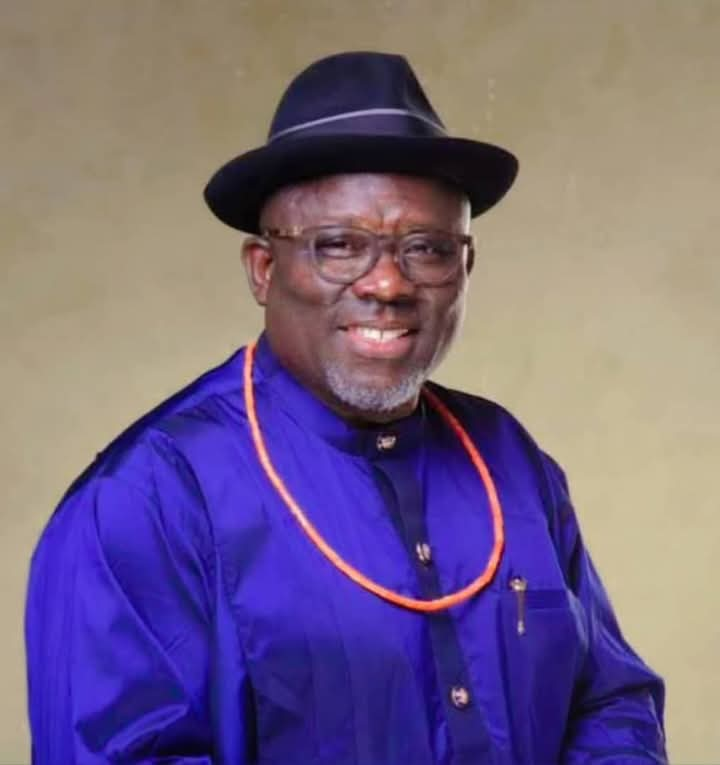
Nigeria and its Criminal Justice System,” stating that it is a well-researched critique of systemic corruption within the Nigerian judiciary, based on his own experiences and observations, rather than an attack on specific individuals. He emphasized that the book was not a product of idle speculation or malicious intent, but a serious attempt to document the realities of the legal system.
The controversy began when Aare Afe Babalola (SAN), founder of Afe Babalola University, Ado Ekiti, filed a petition with the Ekiti State police commissioner, alleging defamation by Farotimi in his book. This led to Farotimi’s arrest and arraignment in two Ekiti courts. However, Babalola later withdrew the charges, citing interventions from the Ooni of Ife, Oba Adeyeye Ogunwusi, and other prominent traditional rulers.
Despite the withdrawal of criminal charges, Farotimi revealed that he still faces four civil suits in different states, all filed by members of Babalola’s law office. This legal action restricts his ability to fully discuss certain aspects of the situation. He explained his reticence during a recent appearance on Toyin Falola Interviews, acknowledging the ongoing litigation.

Farotimi stressed the factual basis of his book, inviting readers to verify his claims. He asserted that his work is not based on hearsay or gossip but on documented experiences. He challenged anyone to point out any falsehoods within the book, emphasizing the importance of veracity in his writing.
He dismissed the notion that the controversy is a personal vendetta against Afe Babalola. Farotimi stated that his intention was not to harm Babalola personally, acknowledging the senior lawyer’s age and stature. He clarified that his focus was on the institution of the judiciary and its systemic issues
Farotimi explained that while Babalola and his law office are mentioned in the book, along with other individuals and institutions, his aim was not to libel anyone. He maintained that he simply recounted the truth as he witnessed He suggested that perhaps society has become so accustomed to falsehoods that the truth has become a transgression.
Read also: https://naijanewswatch.com/crude-oil-theft/
Farotimi concluded by reiterating that the core issue at stake is not his personal reputation, but rather the integrity and functionality of the Nigerian legal system. He urged that the focus should be on addressing the systemic problems he highlighted in his book, rather than personalizing the debate.



